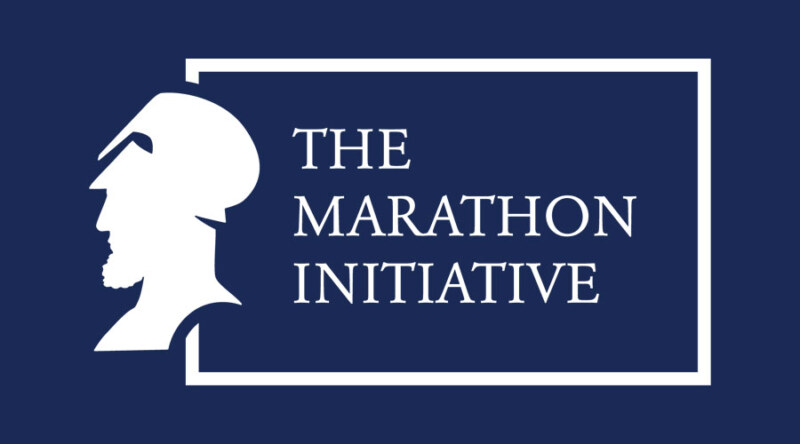The Middle East in an Era of Great Power Competition, Hoover Institute
In 1920, a young Winston Churchill wrote a memorandum to the Cabinet outlining his concerns about British policy in the Middle East. Britain was, he wrote, “simultaneously out of sympathy with all the four powers exercising local influence.” The Arabs, erstwhile allies in the war, were already unhappy with the emerging postwar settlement. The defeated Turks, Britain’s traditional regional ally, were resentful and looking for new partners. The Russians, under new Bolshevik leadership, were skillfully courting Turkey and Persia. And the Greeks wanted greater British backing against Turkey.
A century later, America finds itself in a similar position. The Kurds are embittered following the U.S. departure from northwest Syria. Turkey, though a NATO ally, is indignant and aligning with Moscow. Russia is spreading its influence across the region at America’s expense. Iran is antagonistic and arming. Even our traditional alliances seem shaky. Saudi Arabia’s ties with Washington are strained by the Khashoggi affair and the war in Yemen. Israel is nervous about America’s future role and paid close attention to our handling of the Kurds. Not surprisingly, both the Saudis and Israelis spend more time talking to Moscow.
Hoover Institution


